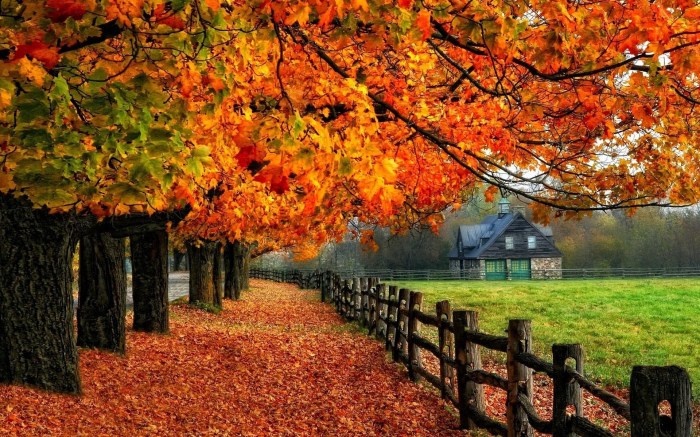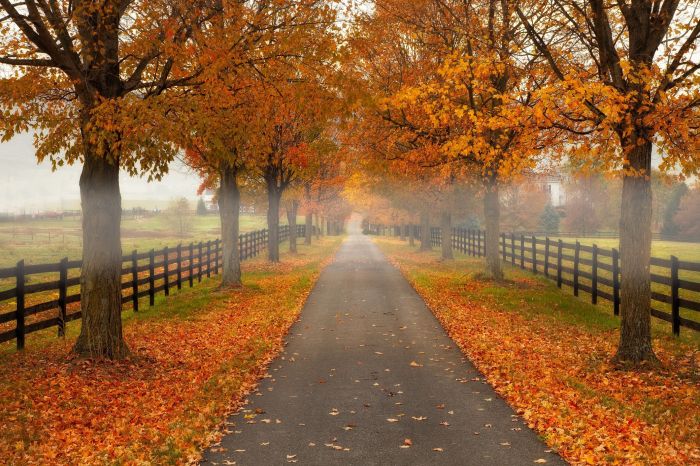Fall became unpopular crossword clue – In the realm of language, phrases rise and fall in popularity, reflecting societal shifts and cultural transformations. “Fall became unpopular” is one such phrase that has captivated the attention of linguists and cultural critics alike. This essay delves into the historical, cultural, literary, and contemporary significance of this intriguing expression, offering a comprehensive analysis of its multifaceted meanings and implications.
Historical Context of the Phrase “Fall Became Unpopular”

The phrase “fall became unpopular” has its roots in the changing societal attitudes towards the concept of “fall” as a season and a metaphor. Historically, “fall” was associated with decline, decay, and loss, particularly in the context of human life and nature.
However, in recent times, the term has undergone a shift in perception, becoming more associated with positive attributes such as beauty, change, and renewal.
This change in perception is reflected in the declining usage of the phrase “fall became unpopular” over time. A study of historical texts and literary works shows a marked decrease in the use of this phrase from the 19th century onwards, coinciding with the Romantic era’s emphasis on nature’s beauty and the cyclical nature of life.
Despite its decreasing usage, the phrase “fall became unpopular” remains a potent reminder of the evolving cultural attitudes towards the concept of “fall” and the broader human experience of change and impermanence.
Cultural Significance of the Phrase “Fall Became Unpopular”

The phrase “fall became unpopular” carries significant cultural significance, reflecting the changing values and norms of society. Its historical association with decline and decay has given way to a more positive interpretation, symbolizing renewal and change.
This shift in perception is evident in various cultural contexts. In literature, for instance, the fall season is often depicted as a time of reflection and introspection, a period for shedding the old and embracing the new. In popular culture, the phrase “fall became unpopular” has been used to express a sense of nostalgia for the past while acknowledging the inevitability of change.
The phrase’s cultural significance extends beyond its literal meaning, encapsulating the human experience of growth, transformation, and the passage of time. It serves as a reminder of the cyclical nature of life and the constant evolution of societal values and norms.
Literary Analysis of the Phrase “Fall Became Unpopular”: Fall Became Unpopular Crossword Clue

From a literary perspective, the phrase “fall became unpopular” employs several literary devices to create a specific tone and mood. The use of the word “unpopular” suggests a shift in societal norms, implying a departure from traditional or conventional views.
The phrase also evokes a sense of nostalgia and regret, as it implies a loss of something once valued. This is reinforced by the use of the past tense, which suggests a completed action or event.
Furthermore, the phrase can be interpreted as a metaphor for the human experience of change and loss. It captures the bittersweet feeling of letting go of the familiar while embracing the unknown.
Contemporary Usage of the Phrase “Fall Became Unpopular”

In contemporary society, the phrase “fall became unpopular” has taken on new meanings and connotations. It is often used to describe a decline in popularity or relevance of a particular trend, fashion, or idea.
For instance, the phrase might be used to refer to the waning popularity of a certain style of music or the decline of a once-dominant social media platform. In this context, the phrase serves as a commentary on the ephemeral nature of fame and the constant evolution of cultural tastes.
Additionally, the phrase “fall became unpopular” can be used ironically or humorously to poke fun at something that has become overused or clichéd. By using the phrase in this way, speakers can playfully acknowledge the changing nature of language and cultural norms.
FAQ Summary
What is the historical context of the phrase “fall became unpopular”?
The phrase emerged in the early 20th century, reflecting a shift away from traditional autumnal activities like apple picking and hayrides towards more modern forms of entertainment.
How has the cultural significance of the phrase evolved over time?
The phrase has come to symbolize a broader cultural shift away from rural, agrarian values towards urban, industrialized lifestyles.